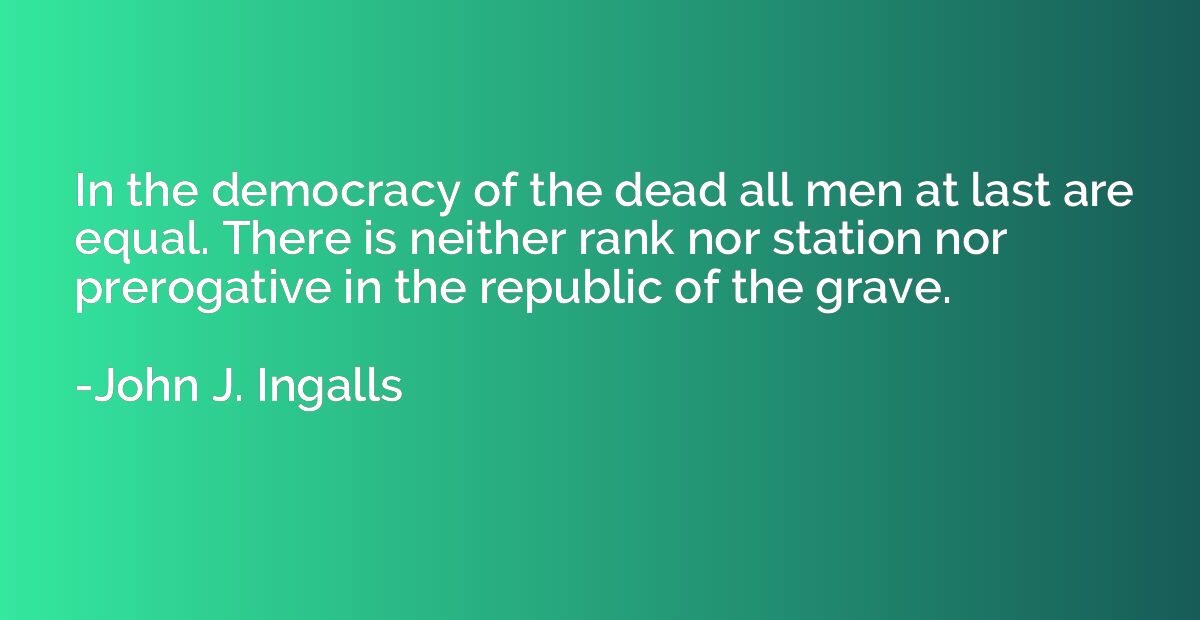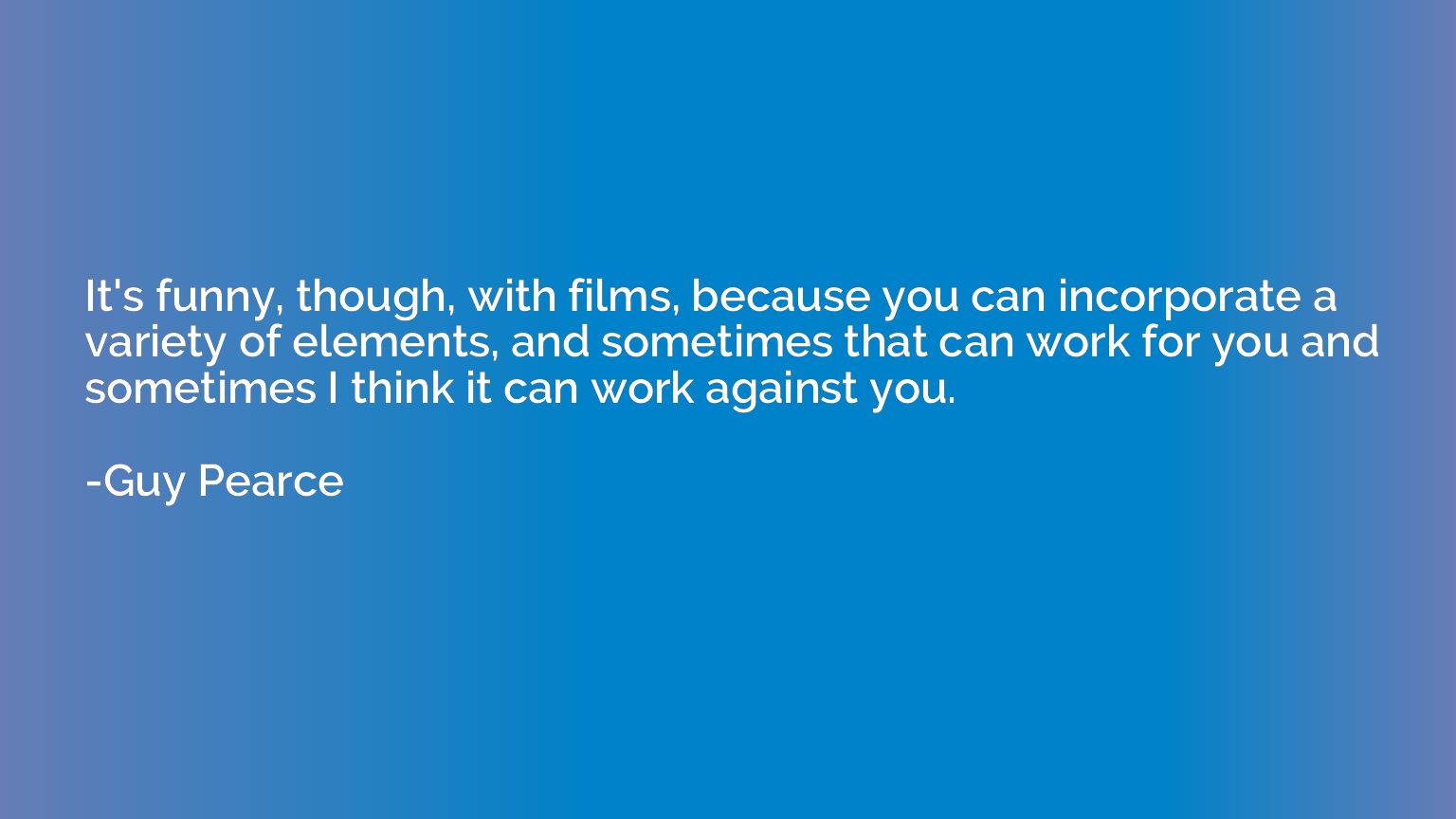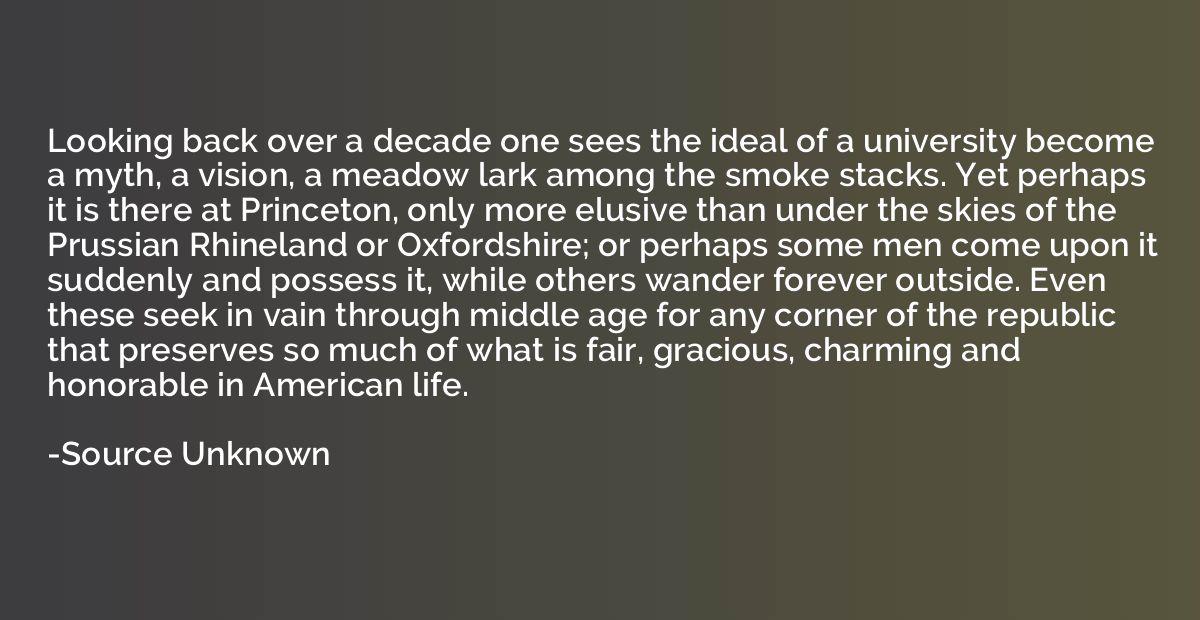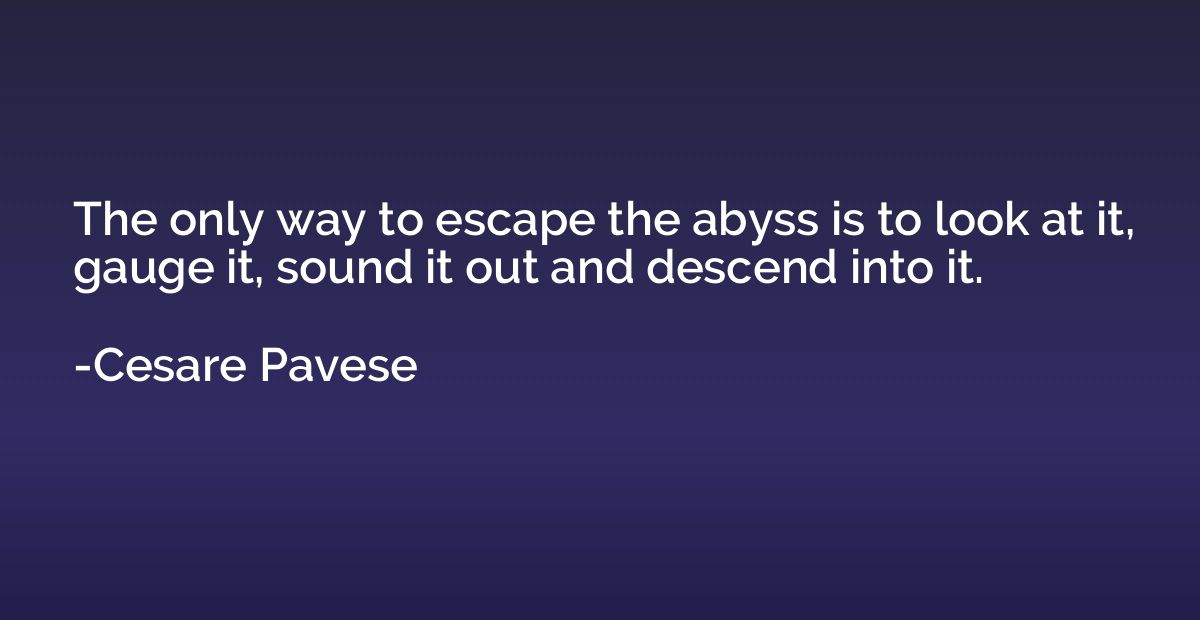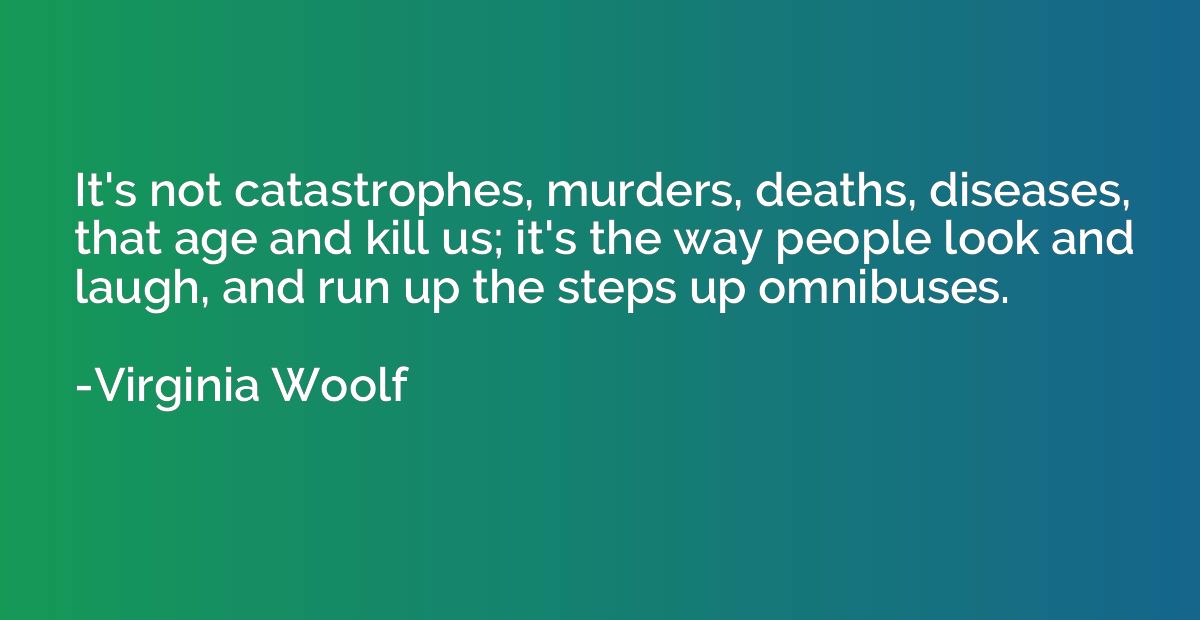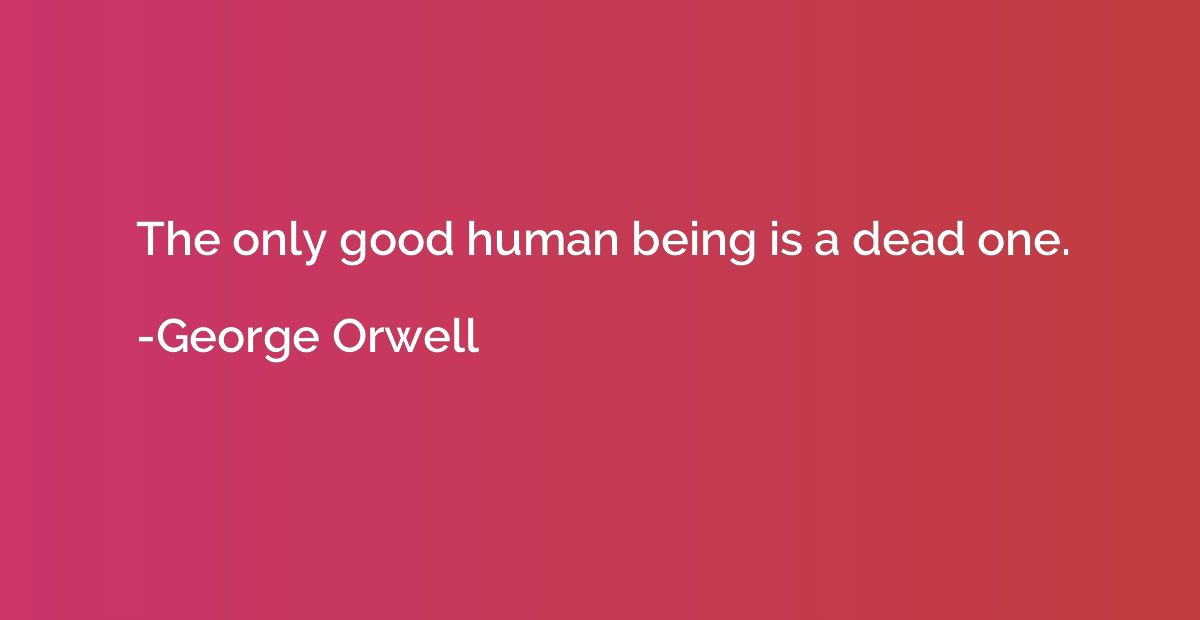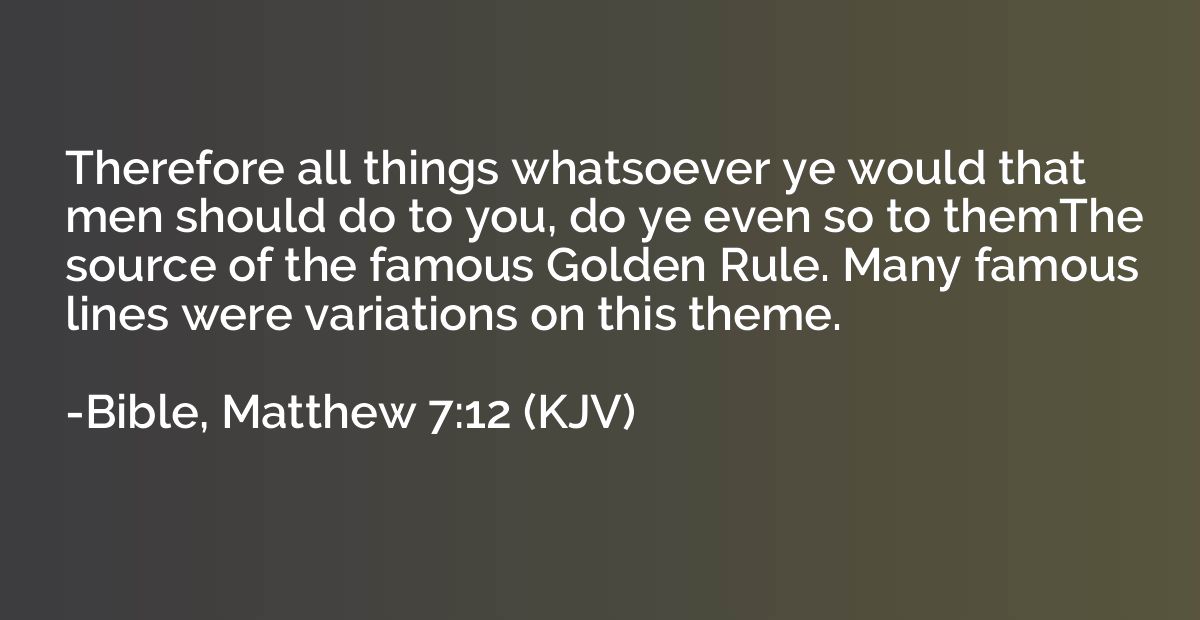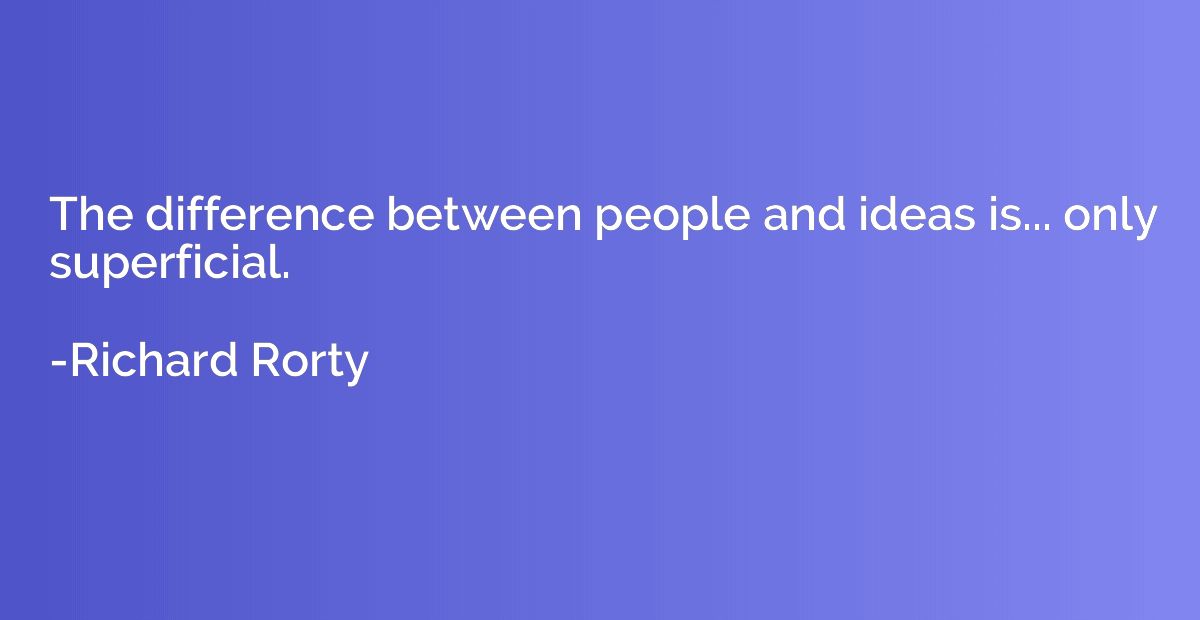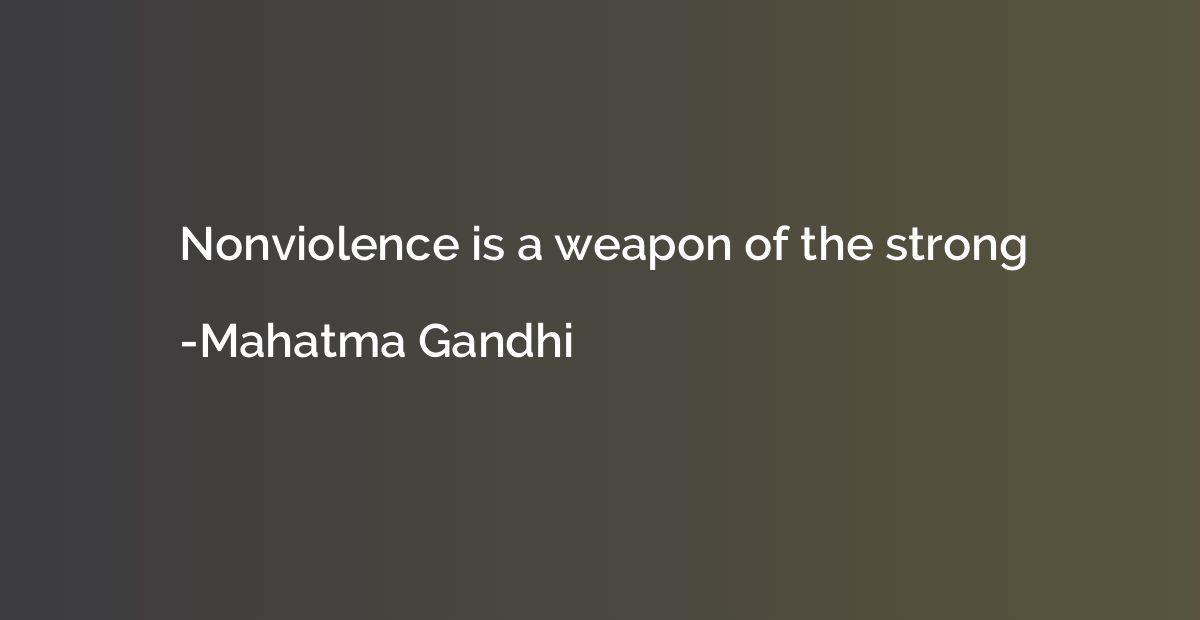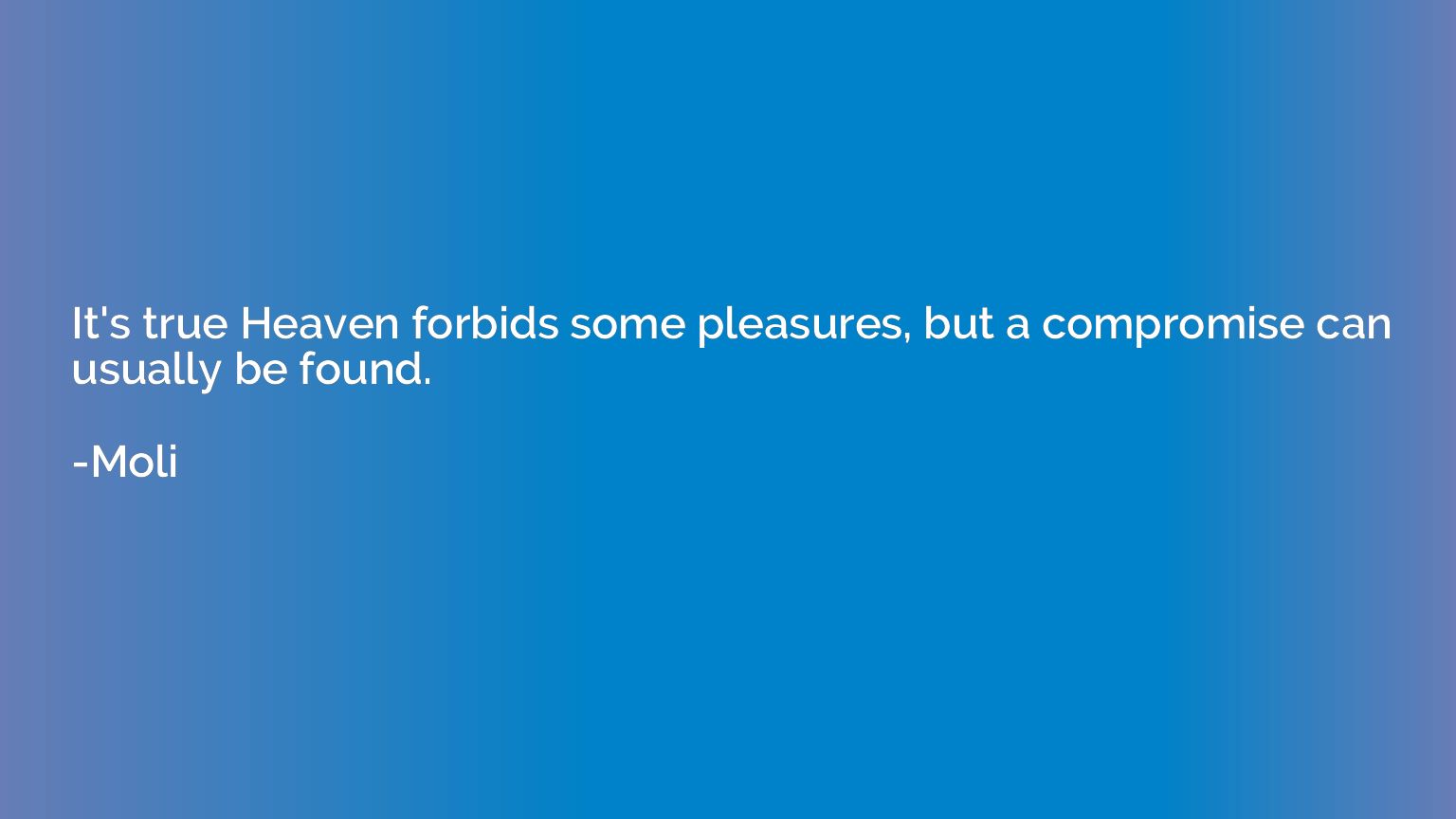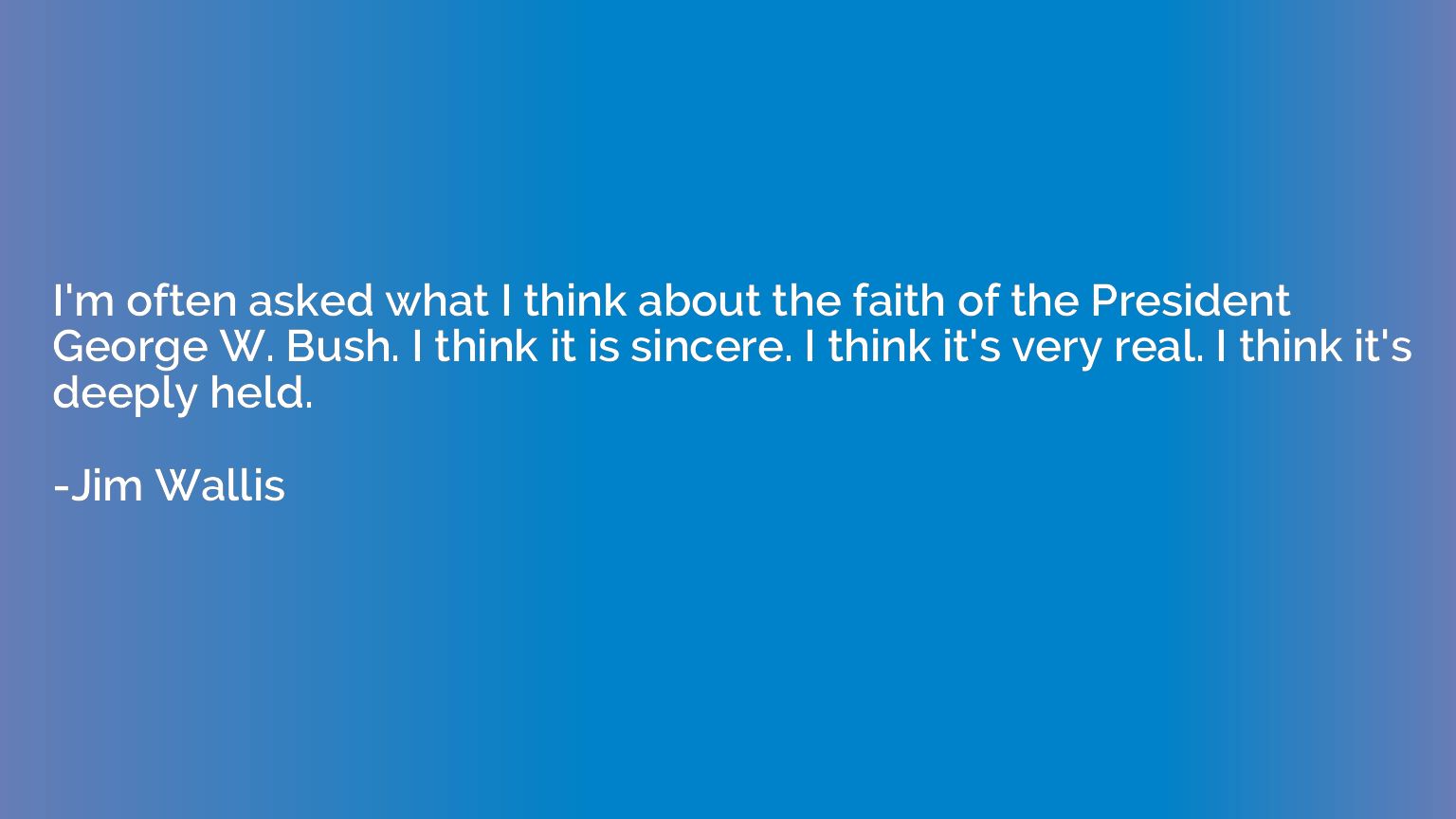Quote by Bobby Rahal
I am going to miss that time when you take that corner better than anybody else could have taken it on that lap or you do that great qualifying lap or you make that great pass or you bring a crippled car home.
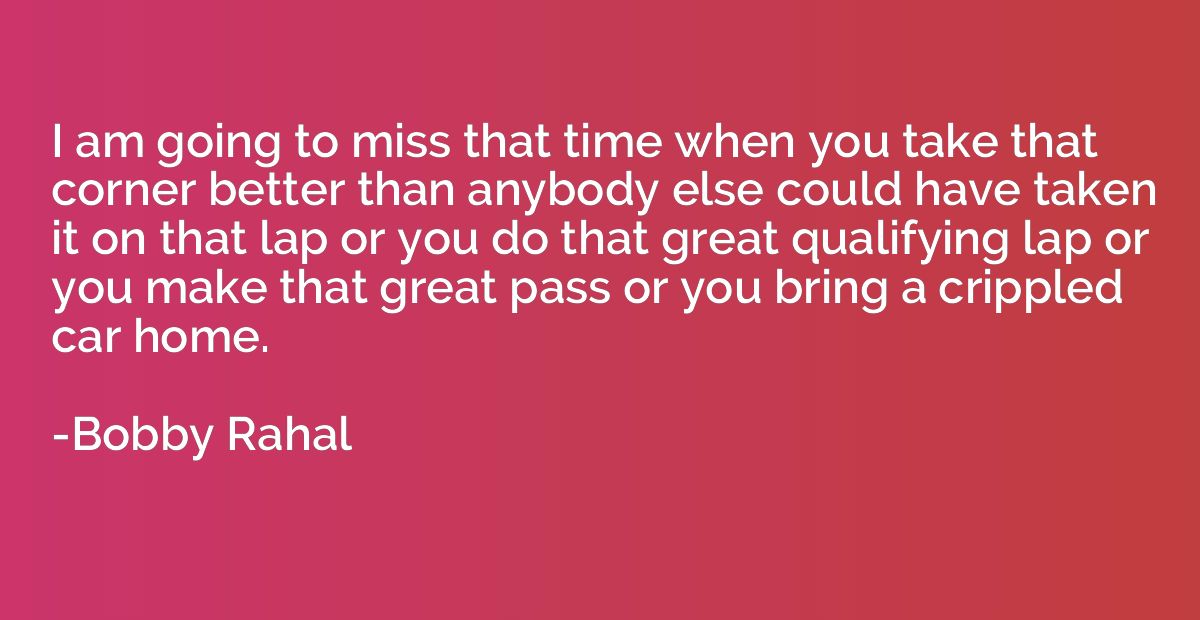
Summary
This quote reflects a bittersweet sentiment towards a past time or experience. The speaker acknowledges the excellence and talent of someone's actions, such as taking a corner skillfully, qualifying for a race, making a successful overtaking maneuver, or successfully finishing a race despite challenges. The sense of nostalgia suggests that these moments were cherished, but now that they are gone, the speaker expresses the sentiment of missing them.
Topics
Car
By Bobby Rahal



